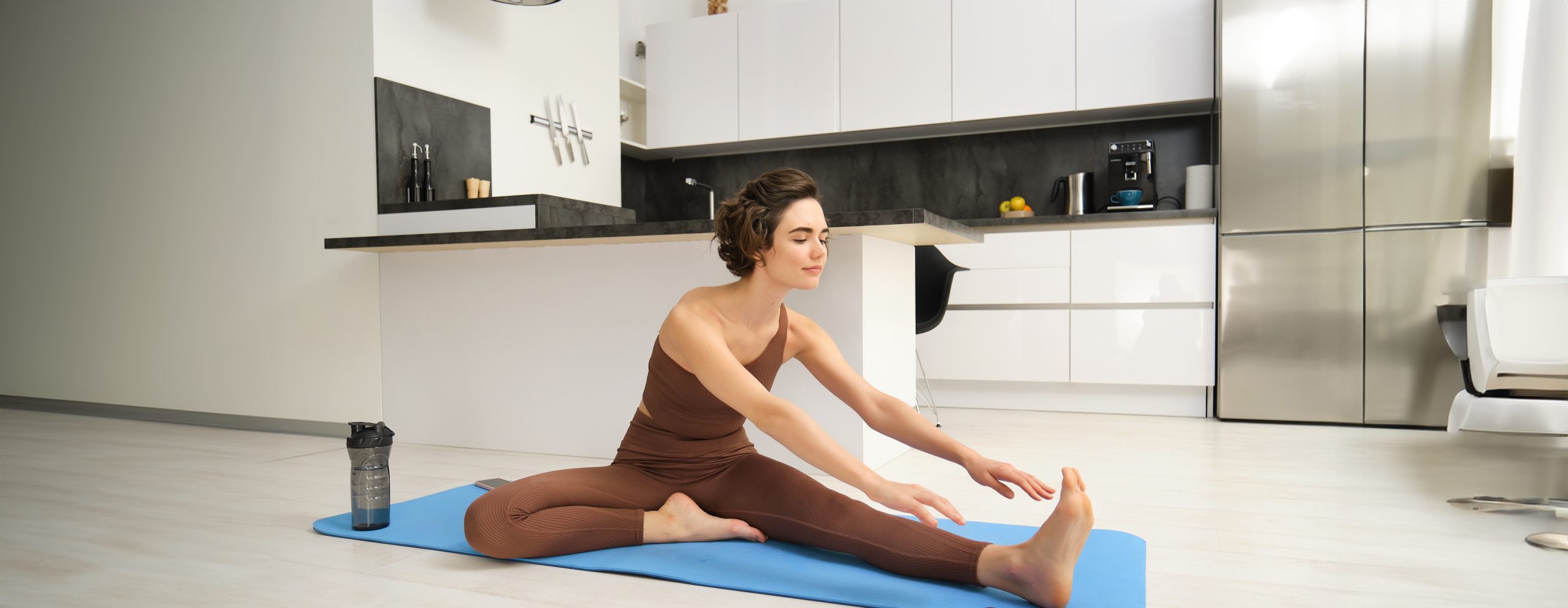Rest is Helpful for Recovery and Overall Well-Being

The Science Behind Rest and Recovery
Human beings need rest for developing well-being but often place it behind productivity goals and performance targets. The scientific community continually confirms how rest delivers substantial impacts on the body’s physical state along with its mental condition. Restful periods play a crucial role in attaining complete health because they help body recovery and maintain stress management and brain function.
The Physiology of Recovery
Rest is when the human body conducts vital biological functions to restore tissues alongside restocking energy stocks while maintaining hormonal stability. Human bodies experience burnout and develop chronic fatigue alongside immune system weakening when stressors surpass recovery time intervals.
- Muscle Recovery: Muscle fibers experience micro-tears with exercise that must be repaired and made stronger with time. Sufficient rest allows for protein synthesis, injury repair, and muscle growth.
- Neurological Replenishment: The brain requires downtime to store memories, process information, and replenish supplies of neurotransmitters. Sleep, in general, is required for mental acuity and emotional balance.
- Hormonal Equilibrium: The body regulates hormones such as cortisol (the stress hormone) and melatonin (the sleep hormone) during rest. Chronic stress without rest can lead to hormonal imbalance, causing anxiety and metabolic disease.
Types of Rest and Their Benefits
Sleep: The Ultimate Recovery Tool
Quality sleep is possibly the most important part of overall well-being. Adults need 7-9 hours of sleep per night to function at their best, says the National Sleep Foundation. Not sleeping has been linked to an incredibly wide range of health problems, from obesity and heart disease to impaired cognitive function.
- Deep Sleep (Slow-Wave Sleep): Needed for repair of the body, deep sleep allows the body to repair tissue, develop the immune system, and regulate metabolism.
- REM Sleep: Needed for mental processing, emotional regulation, and learning.
- Napping: Taking short naps of 10-20 minutes can enhance alertness and performance without resulting in sleep inertia.
Active Recovery: Movement-Based Rest
Active recovery is the method of using low-intensity exercise to induce circulation and repair of muscles. This exercise is favored by athletes but can benefit anyone wishing to enhance recovery.
- Light walking boosts blood circulation, reducing muscle stiffness.
- Yoga and stretching enhance flexibility and tension release.
Swimming and cycling offer low-impact methods to stay mobile without over-straining muscles.

Mental and Emotional Rest

Continuous cognitive activity can lead to mental exhaustion, reducing productivity and increasing levels of stress. Conscious breaks during the day can enhance focus and overall well-being.
- Mindfulness meditation reduces stress and enhances mental clarity.
- Digital detoxing reduces screen-based fatigue and enhances sleep quality.
Journaling provides an emotional release for processing and reflection.
The Effects of Rest on Well-being
Improved Immune Function
Good sleep makes the immune system strong and the body more resistant to disease. Not getting enough sleep is associated with a weak immune system, and one becomes more prone to infections and chronic diseases.
Better Mental Health
Not resting can turn into depression, anxiety, and chronic stress. Doing relaxing things like meditation and deep breathing can do wonders for the mind.
Better Performance and Productivity
Contrary to the common myth, continuous work is not productivity. Intentional resting enhances problem-solving, productivity, and brain function. According to research, rested employees work as effectively as hard-working employees.
Better Cardiovascular Health
Sleep loss and chronic stress are significant cardiovascular disease risk factors. Rest enhances cardiovascular disease prevention, reduction of inflammation, and improvement of blood pressure control.
Practical Advice to Bring Rest into Your Daily Life
Prioritize bedtimes
- Sleep at the same hour each day, even on weekends.
- Develop a relaxing bedtime routine like reading or a warm bath.
- Avoid evening screen time and coffee to make sleeping simpler.

Plan Breaks During the Day
- Use the Pomodoro Technique, i.e., working for 25 minutes and resting for 5 minutes.
- Practice deep breathing to clear the mind.
- Work breaks every now and then to avoid burnout.
Active Rest
- Take a walk outside to break the mental fatigue.
- Stretching exercises are a part of the daily routine.
Relaxation through low-key activities like yoga.

Avoiding overcommitting and stress
- Rehearse saying no to unwanted activities
- Prioritize things using the Eisenhower Matrix to avert unnecessary stress.
- Schedule leisure activities and pursuits that give an individual joy.
Conclusion
The incorporation of rest into life is necessary in an attempt to produce long-term well-being and health. Mind relaxation, active recovery, or sleep, rest assured a refreshingly rested mind and body and, as such, enhanced performance and resistance.Skipping rest can lead to serious health problems, low productivity, and emotional burnout. Prioritizing rest entails a balanced lifestyle that incorporates physical and mental well-being. For expert advice on how to achieve optimal health through effective rest and recovery, visit Just Lose Weight MD.
